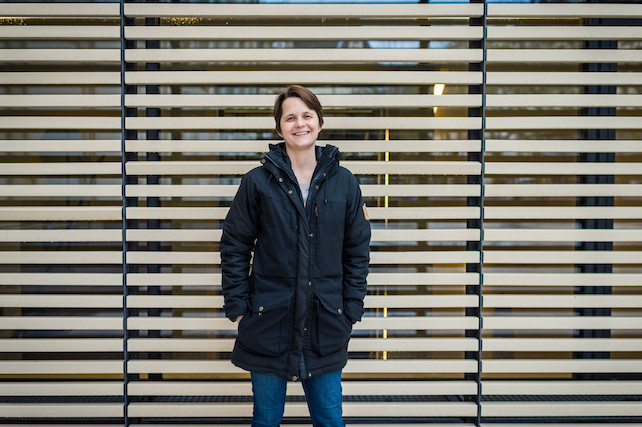Delano summarised reporting by The Times on recent research papers that examined the “patriarchy paradox”.
The item read:
“Contradicting some feminist analyses, a pair of studies have found that more gender equality increases job stereotypes.”
But, Best, who is director of Equilbre, a Luxembourg-based gender equality thinktank, said readers could “misconstrue” feminist objectives based on that description.
Best told Delano on 5 October:
“I would like to highlight the fact that the goal of feminism or feminist analyses overall (or just plain old forward thinking) is not necessarily that there is a perfect parity between women and men everywhere, but more that everyone has a choice and that this choice is respected and encouraged. Thus, if in countries that have more gender equality than others, women do not feel the need anymore to show off but to choose more traditional work-life balance roles, I would take that as a win. Having a choice does not mean that you have to prove anything to anyone anymore, which is still the case in less gender equal societies.
“Futhermore, how do we even define whether a society is more or less gender equal? Should we only look at women and what they are doing and how they are working? Isn’t it just as important to watch out for how men behave in a gender equal society? Do they go part time or work with children or stay at home or advocate openly for better work conditions for fathers? Aren’t we only really in a gender equal society when men advocate for things that women traditionally advocated for and women for what men generally advocated for?
“Overall, when neither men or women have the pressure of stereotypes, what do they naturally gravitate to? As long as we mainly work on emancipating women to take part in a traditional man’s world, we’ll never know. We also need to emancipate men to take part in the traditional women’s domain. Only then does everybody really have a choice and we can talk about how a gender equal society really behaves.”
